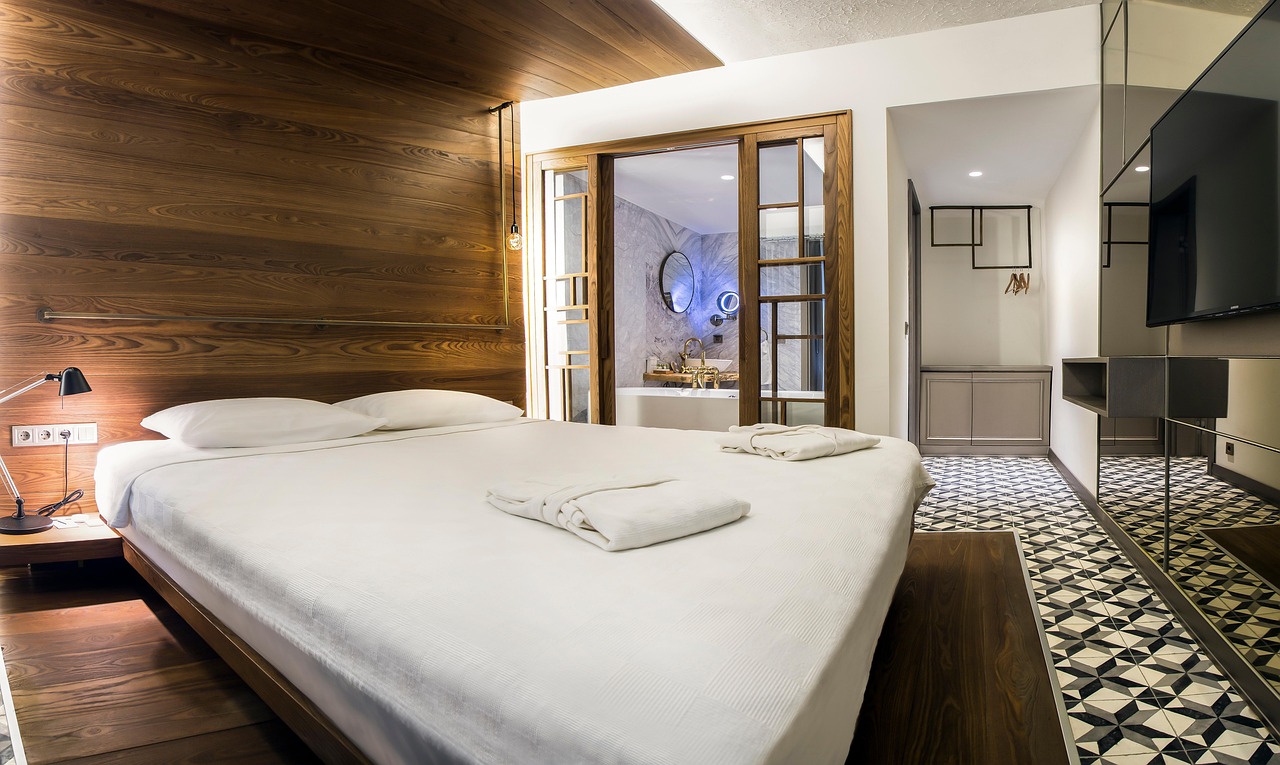07
Mar 2025
The Hidden Costs of Moving Hospital Accommodations and How to Budget
Published in General on March 07, 2025

Moving a hospital involves more than shifting equipment and furniture. Moving Hospital Accommodations can bring many hidden costs that are not clear at first. Extra fees may come from different parts, like packing supplies, transport, and new facility setups.
In this guide, we try to explain these hidden costs and show simple ways to plan a budget. It also tells how online platforms like Connect Market help you book trusted moving companies in Sydney for a smooth move.
Understanding Hidden Costs in Hospital Relocation
Packing Supplies and Transportation Fees
Moving hospital equipment and furniture often involves extra costs. One common extra cost is for packing supplies. Hospitals must buy boxes, tape, and other materials.
Transportation fees can be higher when moving heavy or delicate equipment. Extra charges may come from hiring extra staff or special vehicles like cranes or loaders. A clear checklist and careful planning help keep these extra costs under control.
Facility Adjustments and Setup Fees
After the move, the hospital may require changes at the new site. The building might need repairs, new equipment setups, and security installations. Changes to meet health rules can also add extra costs.
It is important to get clear quotes from contractors and plan ahead. This careful approach helps keep the total cost under control and stops surprise costs during the move.
Budgeting and Cost Management Strategies
Creating a Realistic Budget
A clear budget is essential for any hospital move. The budget should list all costs from packing and transport to facility changes. Write down each expense and set aside extra funds for things that are not expected. Review the budget often to make sure it stays accurate as costs change. This simple plan helps keep the move within the set budget.
Simple Tips for Cost Reduction
Hospitals can lower costs with a few clear steps. Compare quotes from different vendors to find the best price. Use basic packing methods to reduce supply costs. Train staff to work efficiently during the move. Always check contracts for extra fees. These steps help cut extra costs and ensure the hospital move stays on budget.
How Comparison Platforms Can Simplify Move
Finding Good Moving Companies
Choosing the right moving company is very important. Professional movers handle equipment and sensitive items with care. Online platforms like Connect Market show clear service profiles and honest reviews. Hospital administrators can compare prices and services easily. This approach helps in choosing a reliable company that meets health standards and reduces the risk of extra charges.
Booking and Hiring Movers Quickly
In Sydney, booking moving companies is easy with online tools. Hospital administrators can quickly get several quotes and see customer ratings. This process helps select movers who know how to handle hospital moves. Platforms like Connect Market make it simple to compare and book the best possible local mover. They provide clear information and competitive prices make the move safe and quick.
Additional Tips for a Smooth Hospital Move
Choosing Reliable Partners
Selecting good and reliable service providers is essential for a smooth hospital move. Choosing moving companies that understand healthcare needs and offer clear prices. Look for clear contracts and honest reviews. Reliable partners reduce the risk of extra charges. They help make sure the move is safe and meets all health standards.
Using Online Tools
Online tools make planning a hospital move easier. They show vendor profiles, customer ratings, and clear quotes. Hospitals can quickly compare services and prices. This information helps administrators make smart choices and save time.
Key Considerations for a Successful Hospital Move
- List all expected costs, including packing, transport, and facility changes.
- Set aside extra funds for unexpected fees.
- Use online tools to compare moving companies.
- Check reviews and clear quotes before hiring a mover.
- Review contracts regularly to avoid hidden charges.
Conclusion
Hospital moves can include many hidden costs, but careful planning and a clear budget can keep expenses in control. In this guide, we try to explain extra fees for packing, transport, and facility changes and show how platforms like Connect Market can help in booking trusted moving companies. Additionally, temporary accommodation for patients, staff, or families during hospital transitions can add to overall expenses. Services specializing in hospital stay accommodations can help bridge this gap by offering affordable and convenient lodging options. With smart planning, a clear budget, and reliable service partners, hospitals can complete moves safely and cost-effectively.









